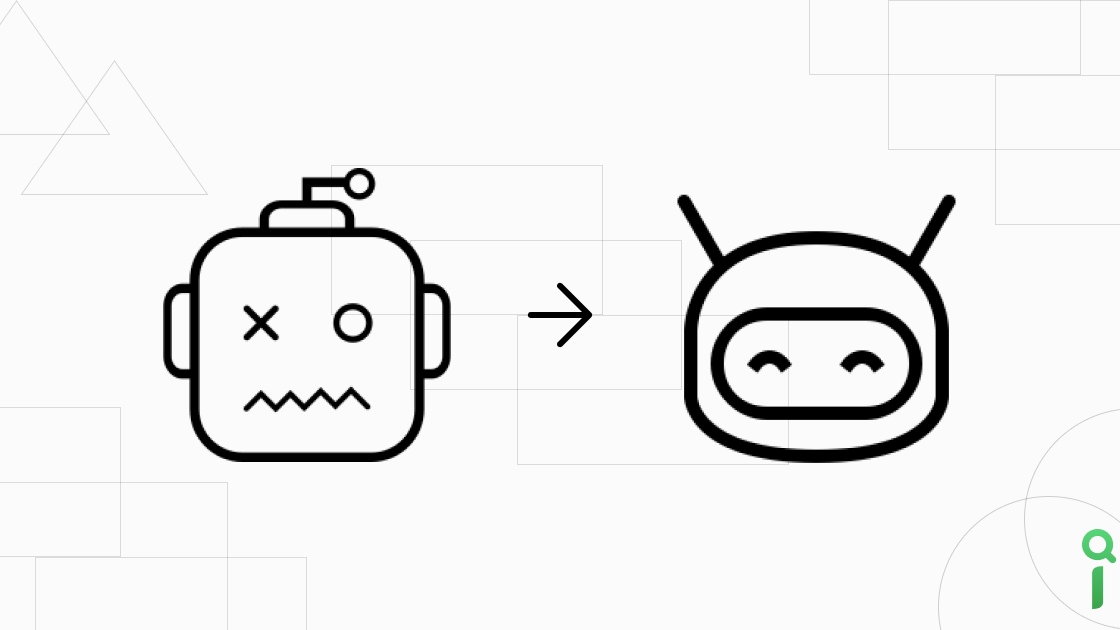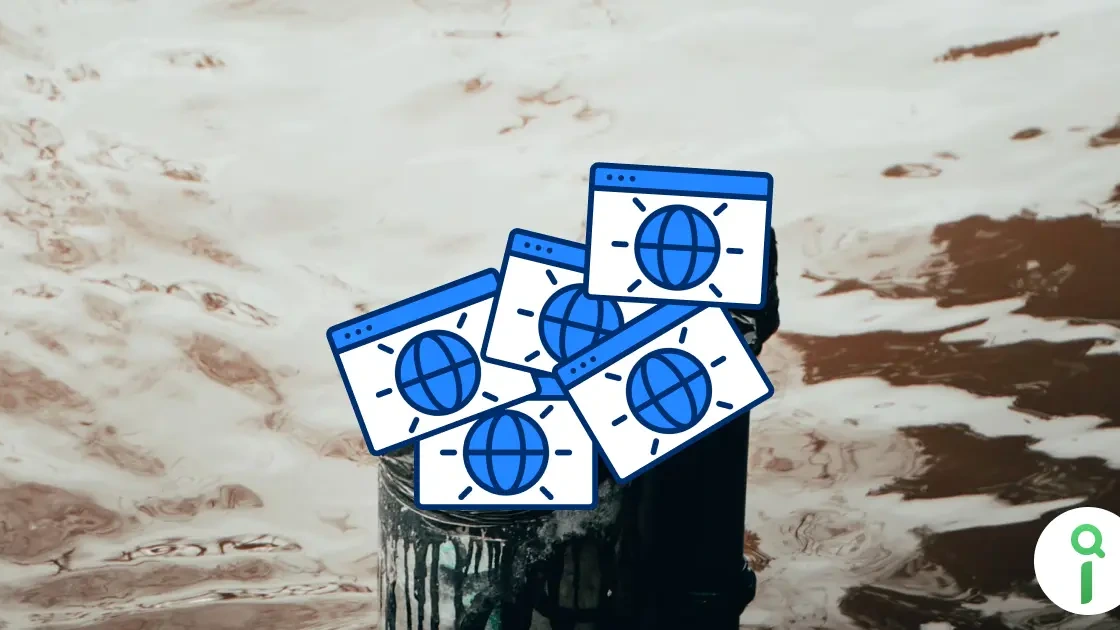10 Common Indexing Issues That Are Hurting Your Rankings (And How to Fix Them) - 2024
Struggling with search visibility? Learn how to fix the most common indexing problems affecting your website's rankings with this practical guide.

Aditya Tripathi
Author

Let's talk about something that keeps many website owners up at night - indexing issues. You know that feeling when you've poured your heart into creating amazing content, but it's nowhere to be found on Google? Yeah, we've all been there. Today, we're diving into the most common indexing problems that might be secretly sabotaging your rankings.
1. Robots.txt Blocking Critical Pages
Here's a face-palm moment I see all the time: your robots.txt file is accidentally telling search engines to stay away from your best content. It's like putting up a "closed" sign on your store during business hours. I recently helped a client who couldn't figure out why their new articles weren't showing up in search results. Turns out, a single line in their robots.txt was the culprit.
Quick fix: Jump into your robots.txt file and make sure you're not accidentally blocking important stuff. Use Indexed's crawler to see exactly what search engines can and can't access on your site. Trust me, it's way easier than playing the guessing game.
2. Those Pesky Noindex Tags
Ever launched a new page and wondered why it's not showing up in search results weeks later? Chances are, there's a noindex tag lurking in your code from when the page was in development. It's like forgetting to take the price tag off a new shirt – embarrassing but easily fixed.
The solution is pretty straightforward: scan your site for these hidden tags.
3. Your Internal Linking is a Mess
Think of internal links as roadmaps for search engines. If your internal linking is all over the place, you're essentially giving search engines a map with missing streets and dead ends. No wonder they're getting lost!
Here's what you need to do: start thinking about your content like a city planner. Create clear paths between related pages, and make sure every important page is just a few clicks away from your homepage.
4. Running Out of Crawl Budget
If you've got a large website, this one's for you. Search engines only have so much time to spend on your site – it's like having a VIP guest who can only stay for an hour. You want to show them your best stuff first, right?
The fix? Think of it as organizing your house before guests arrive. Use Indexed's crawl budget optimizer to identify which pages deserve the VIP treatment and which ones can wait. Your XML sitemap should be your guest list – keep it exclusive and updated.
5. Duplicate Content Chaos
Having duplicate content is like telling the same story with slightly different words – it just confuses everyone. Search engines are scratching their heads trying to figure out which version to show in results.
Clean it up by picking one version as your champion (using canonical tags) and sticking to it.
6. Your Pages Are Moving in Slow Motion
Nobody likes waiting – especially not search engines. If your pages load slower than a coffee shop's Wi-Fi during rush hour, you're in trouble. Slow pages eat up crawl budget and frustrate both search engines and users.
Time to speed things up: compress those giant images, leverage browser caching, and maybe invest in a better hosting plan. Run Indexed's page speed analyzer (coming soon) to find out exactly what's causing the slowdown.
7. Mobile-First Indexing Gone Wrong
Here's the deal: Google looks at your mobile site first, not desktop. If your mobile version is giving visitors a headache, you're in for some ranking troubles. I've seen beautiful desktop sites rank poorly because their mobile experience was a nightmare.
The solution? Make sure your mobile site isn't just an afterthought. Test it out in various conditions and devices to know how it performs.
8. JavaScript Giving You Headaches
JavaScript is great for user experience but can be tricky for search engines to handle. It's like speaking a different dialect – sometimes things get lost in translation.
Keep it simple: make sure your important content doesn't rely entirely on JavaScript to be visible. Indexed's JavaScript crawler shows you exactly what search engines see when they visit your site.
9. Status Code Confusion
Using the wrong HTTP status codes is like giving bad directions to search engines. A misplaced 302 redirect, a 500 server error, a 503 service unavailable, or an incorrect 404 page can really mess things up.
10. Neglected XML Sitemaps
An outdated XML sitemap is about as useful as last year's calendar. Yet, I'm amazed at how many sites I tested that haven't updated their sitemaps in months.
Let's Fix This Together
Look, I get it – dealing with indexing issues isn't the most exciting part of running a website. But it's crucial for getting your content the attention it deserves. Instead of pulling your hair out trying to figure out what's wrong, let Indexed do the heavy lifting.
Our tools are designed to make technical SEO less overwhelming and more actionable. We'll help you spot issues before they become problems and guide you through fixing them step by step.
Ready to get your site properly indexed and ranking better? Run a quick scan with Indexed, and let's turn those indexing headaches into wins.

